
Ducks
Mallard Duck
Mallard ducks are one of the most common and recognizable species of waterfowl in Ireland, known for their striking green heads, brown bodies, and distinctive quacking calls. These adaptable birds can be found in a wide range of wetland habitats across the country, both in rural and urban areas.

Description:
The Mallard Duck is a beautiful and distinct-looking bird that is commonly found in Ireland. It is a medium-sized duck with a glossy green head, white neck ring, and chestnut-brown chest. Its wings are gray, and the body feathers are a mix of gray and brown. The beak of the Mallard duck is bright yellow, and it has a black patch that runs from the beak to the eye.
What they eat:
Mallard ducks are omnivores, and they will eat anything from insects and small fish to aquatic plants, seeds, and grains. They are dabbling ducks, which means they feed on the surface of the water or by tipping their heads down to reach food underwater.
Habitat:
Mallard ducks can be found in a variety of wetland habitats such as ponds, lakes, rivers, and marshes. They are also commonly found in urban parks and gardens where there is a body of water.
Size and Wingspan:
Mallard ducks are about 50-65 cm in length and have a wingspan of 81-98 cm.
Male and Female Difference:
The male Mallard duck, also known as a drake, has a more colorful and distinctive appearance than the female. The female is smaller and has mottled brown feathers, blending in better with her environment to protect her from predators when she is nesting.
Where to find:
Mallard ducks can be found all over Ireland, from urban parks to rural wetlands.
Months found in Ireland:
Mallard ducks can be found in Ireland all year round.
Interesting note:
The Mallard duck is the most common duck in Ireland and is also the ancestor of most domesticated duck breeds. In addition, the Mallard duck is a popular game bird and is hunted during the open season in Ireland.
Other Birds of Ireland...
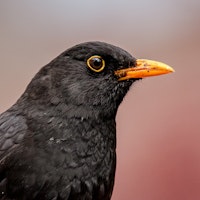
Blackbird
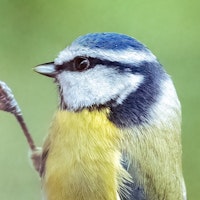
Blue Tit
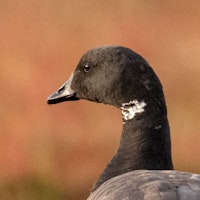
Brent Goose
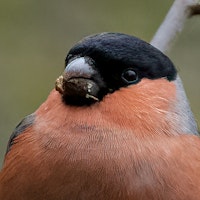
Bullfinch
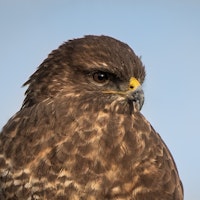
Buzzard

Chaffinch
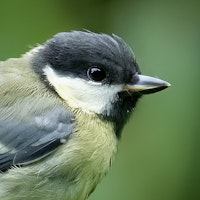
Coal Tit
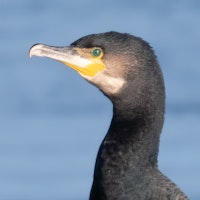
Cormorant
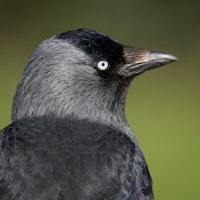
Crow
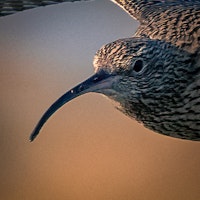
Curlew
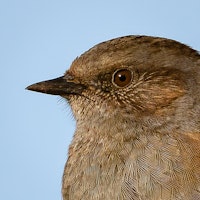
Dunnock
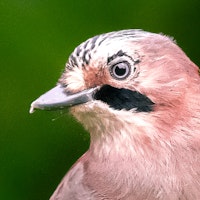
Eurasian Jay
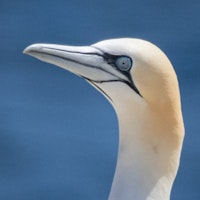
Gannet
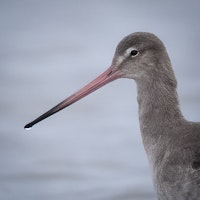
Godwit
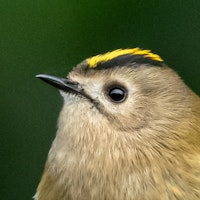
Goldcrest
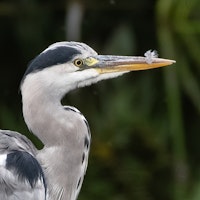
Grey Heron
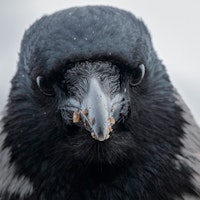
Hooded Crow
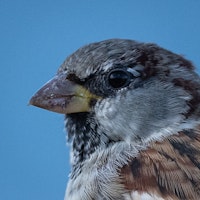
House Sparrow
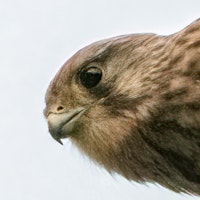
Kestrel
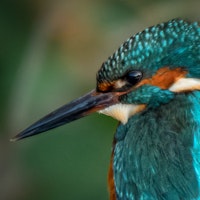
Kingfisher

Lapwing

Little Egret

Long Eared Owl

Long-tailed Tit

Mallard Duck

Merlin

Moorhen

Mute Swan

Oyster Catcher

Peregrine Falcon

Pied Wagtail

Pintail

Puffin

Red Kite

Redshank

Robin

Rook

Sanderling
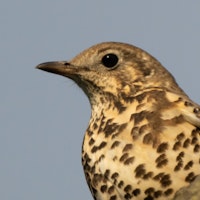
Song Thrush

Sparrowhawk

Starling

Stonechat

Swallow

Tree Creeper

Wren
More pages currently being produced...
Please connect to get updated when new pages are published
